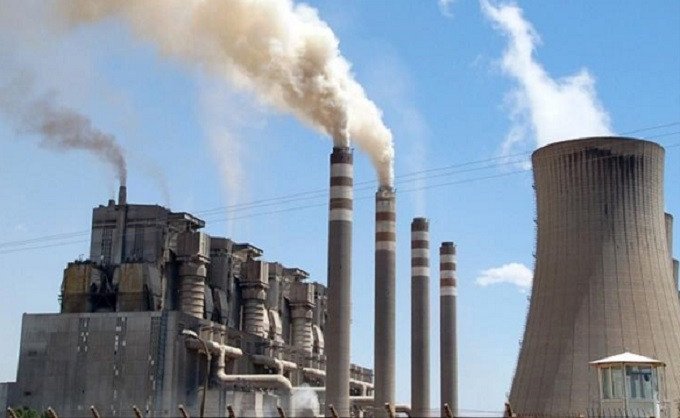ISLAMABAD: The National Accountability Bureau (NAB) has officially closed its inquiry into the Port Qasim Coal Power Project and Sahiwal Coal Power Project, bringing an end to the probe surrounding these projects.
The decision to drop the inquiry against these coal power projects, which allegedly caused an annual loss of approximately Rs. 175 billion to the national exchequer, has raised eyebrows among citizens and experts alike.
According to sources, the closure of the inquiry, which was approved by NAB Chairman, has left many questioning the accountability process. These power plants were alleged to be causing an annual loss of approximately Rs. 175 billion to the national exchequer. Both projects were accused of over-invoicing and receiving additional tariffs from the National Electric Power Regulatory Authority (NEPRA). The inquiry revealed that NEPRA had granted additional tariff rates to these projects, resulting in significant financial losses for the national exchequer. Despite allegations of causing a loss of Rs. 60 billion and Rs. 150 billion annually for the Port Qasim and Sahiwal projects, respectively, NAB has chosen to close the inquiry.
As per sources, NAB, in a letter dated 14th July 2023, communicated to the Secretary Power Division that it (NAB) has closed the inquiry against officers/officials of NEPRA, M/O W&P, PPIB and sponsors of Port Qasim Coal Power and Sahiwal Coal Power Projects and others. NAB, in its letter, said it had conducted an inquiry against officers/officials of NEPRA, M/S W&P, PPIB and sponsors of Port Qasim Coal Power and Sahiwal Coal Power Projects and others under provisions of National Accountability Ordinance (NAO), 1999 on allegations of misuse of authority, illegal gratification, and failure to prevent undue favor and dishonestly causing loss to the government exchequer. However, based on the finding of Final Inquiry Report, the recommendations of Regional NAB and Executive Board, the worthy Chairman NAB has approved the closure/referral of the inquiry.
The closure of the inquiry has disappointed many who expected a thorough investigation into the alleged financial irregularities surrounding these coal power projects. The move has further eroded public trust in the accountability process and heightened calls for greater transparency and oversight.
It is worth noting that neighboring countries like India and Bangladesh have managed to secure more cost-effective tariffs for their coal-fired power projects, highlighting the need for a critical examination of the tariff structure in Pakistan. The high upfront tariffs and associated costs have not only burdened consumers but have also hindered the competitiveness of Pakistani industries, posing challenges to economic growth and export performance.
The dropped inquiry highlights the urgency to address the transparency and accountability issues prevalent in the power sector. Without effective checks and balances, the financial burden on the national exchequer may persist, impeding the country’s progress towards a more sustainable and affordable energy landscape.
As the closure of the inquiry continues to spark controversy and raise concerns, it is essential for relevant authorities to address public sentiment, provide clear explanations for the decision, and take steps to restore trust in the accountability process. Furthermore, efforts should be made to ensure transparency and fairness in future power projects to safeguard the interests of the Pakistani public and promote a more robust and accountable power sector.




